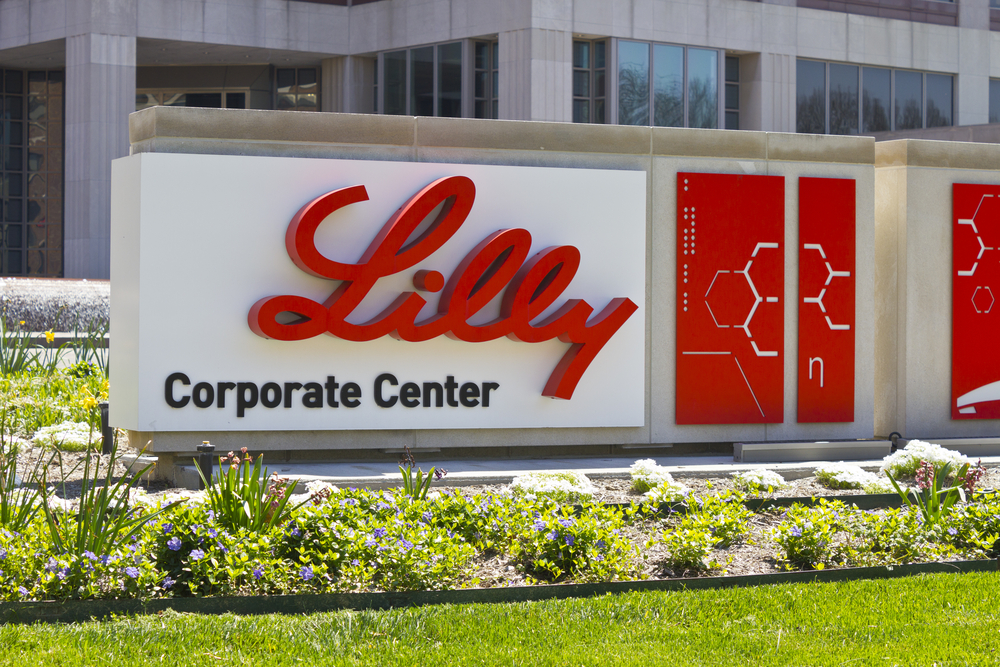
Eli Lilly and Co said its drug to treat non-small cell lung cancer failed to meet the main goal of improving overall survival in patients in a late-stage trial, sending its shares down about 3 percent.
The news comes as a blow to the drugmaker who has suffered setbacks on two potential blockbuster treatments over the past year – the delay of a rheumatoid arthritis drug, as well as the failure of an experimental Alzheimer’s treatment.
The U.S. Food and Drug Administration had rejected Lilly’s rheumatoid arthritis drug in April, while its Alzheimer’s treatment failed a key trial in November.
Lilly last month laid off 8 percent of its employees in order to save around $500 million a year and made significant changes to its management.
The drugmaker said on Tuesday that the latest trial was testing its Verzenio in patients with advanced non-small cell lung cancer with mutation of the KRAS gene, whose cancer has progressed despite initial therapies.
The drug, whose chemical name is abemaciclib, was being compared with Roche’s erlotinib, sold under the brand name Tarceva.
Verzenio, however, showed some evidence of improvement in the secondary goals such as progression-free survival in patients and overall response rate, the company said.
The drug belongs to a newer class of oral medicines called CDK 4/6 inhibitors that block cancer cells’ ability to divide and proliferate.
Last month, the FDA approved Verzenio to treat advanced breast cancer that has progressed following prior treatment.
Lung cancer is by far the largest oncology market in the United States with Merck & Co Inc’s Keytruda leading the space.
Keytruda is an immuno-oncology drug, which works by taking the brakes off the immune system and allowing the body’s natural killer cells to home in on tumors.
Lilly’s shares, which closed at $87.05 on Monday, were down at $84.25 in premarket trading on Tuesday.
Filed Under: Drug Discovery



